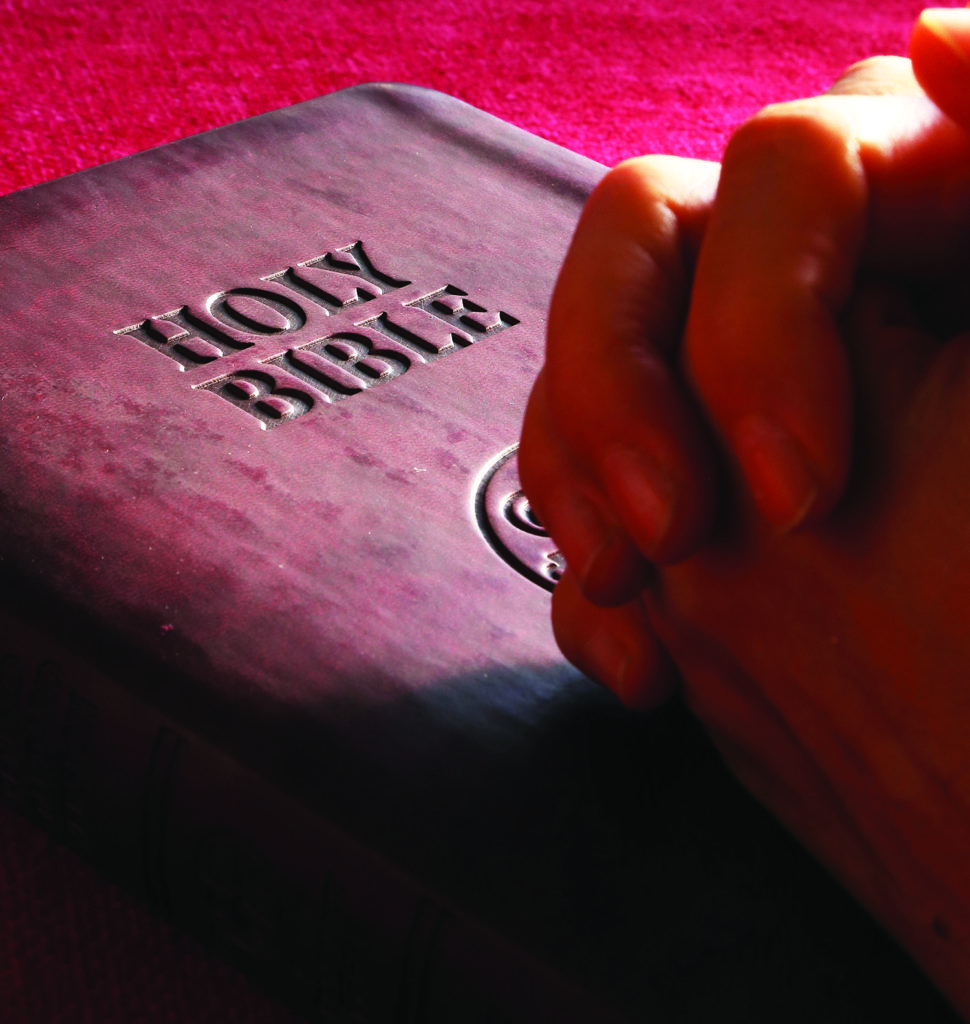
After a heated debate and narrow vote, the United Methodist Church’s decision to uphold restrictions of the ordination of gay clergy has brought an international issue to the church steps of many local clergy.
The Tuesday vote closed out day three of the UMC’s international conference after strong division between a Traditional Plan, the one approved, versus a One Church Plan, which would leave the decision on gay marriage and clergy ordination to regional church bodies and would remove the phrase “the practice of homosexuality is incompatible with Christian teaching” from the church’s law book.
A conflicted perspective
For Rev. Robert Stump, a pastor of three area United Methodist churches, the issue has progressed from being one of conviction to one of inner struggle.
“The fact that our church was so divided on this issue is only mirrored in my own heart, because my heart is divided on this issue,” said Stump, pastor of Trinity, Third Street and DuBoistown United Methodist churches.
When a family member of Stump’s came out as gay, the roughly 50-year struggle of the greater church entered his own family. He said he saw the same love and commitment in his gay family members that Stump and his wife had for each other.
“I can’t say, ‘You’re incompatible with Christian teaching,’ ” Stump said. “I can’t condemn it.”
Biblical interpretation
The Bible is clear on the issue of homosexuality, according to Rev. Max Furman, pastor of Antes Fort and Oval United Methodist churches. He said he was relieved after the meeting’s vote. A conservative minister, Furman believes the Bible to be the infallible word of God.
“Without seeing scripture as the word of God, I don’t know what we base our lives on,” Furman said, adding that while he feels no ill will toward people who are gay, he would not support putting them in positions of leadership in the church.
“I would still welcome them into the worship community and let God’s spirit work in their lives,” he said.
But for retired Rev. Bob Wallace, the biblical interpretation is much less clear.
“The passages that deal with this are a litany of sins,” Wallace said, adding that people should not pick one sin to be more important than any others.
“My feeling is we have taken scripture and abused it on this issue,” Wallace said.
Stump added that he sees where the Bible says homosexuality is wrong, but said it also calls for love and tolerance. For Stump, the modern struggle is similar to a passage in the book of Acts when the Jews determined to let gentiles enter the church.
“Maybe this applies to the situation,” he said, adding it was a “possible scripture defense for moving in a more open and affirming direction.”
An upcoming division
Some members of Stump’s three conservative congregations said they would leave the church if the UMC decided to ordain gay clergy. The embattled members will stay, but will others in support of the One Church Plan feel the need to leave?
Wallace hopes members and churches will not leave, even though he is disappointed with the UMC’s decision.
“Sadly this (vote) isn’t ending anything.” Wallace said. “It’s just going to be more of the same.”
Wallace said leaving the church will not solve anything, it will only cause more problems. He expressed frustration that even after years of debates on the issue of gay clergy, members have simply become more embattled, while social and spiritual issues of greater importance go on unaddressed.
“We’re always fighting and arguing over the issue and it’s been hurting the church,” Wallace said.
While Furman hopes the church can move forward after the vote, he is resigned to an upcoming divide in the denomination. But should churches want to leave, Furman said he would not be against it, saying if the vote had gone the other way he would have wanted the freedom to leave with his church and property.
“Maybe it is time for them to leave and go somewhere else were they do feel comfortable,” Furman said.
Move forward with love
Pastors on both sides of the issue hope the church can move in a direction of love and acceptance, but most aren’t optimistic.
“I think it will divide our denomination,” Furman said, but added that he will not close his door to anyone. “I’m going to allow God’s grace to work in your life.”
Furman plans to continue to keep his doors open, even if he disagrees with homosexual behavior.
Wallace criticized the church for moving away from a leading role in society. He said he hopes the United Methodist Church will live out it’s motto of “Open hearts. Open Minds. Open doors.”
“I hope that we learn to follow Christ’s command in loving one another as he loved us,” Wallace said.
For Furman, Stump and Wallace, the future of the local and international church is unclear, and only time will tell how much of a turning point this vote really is.


